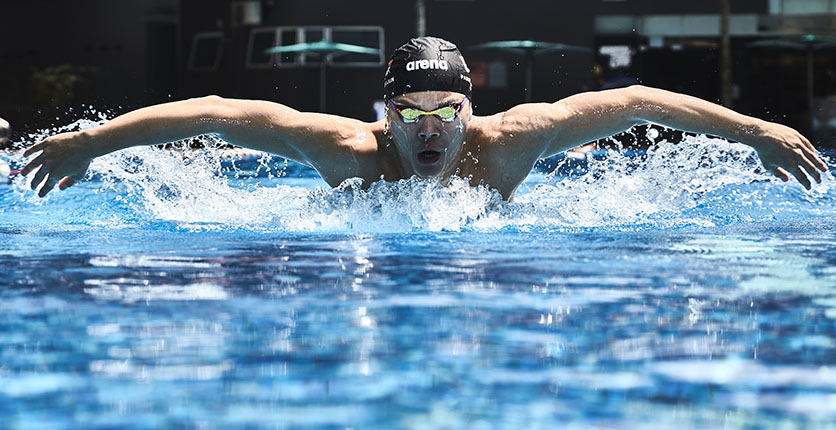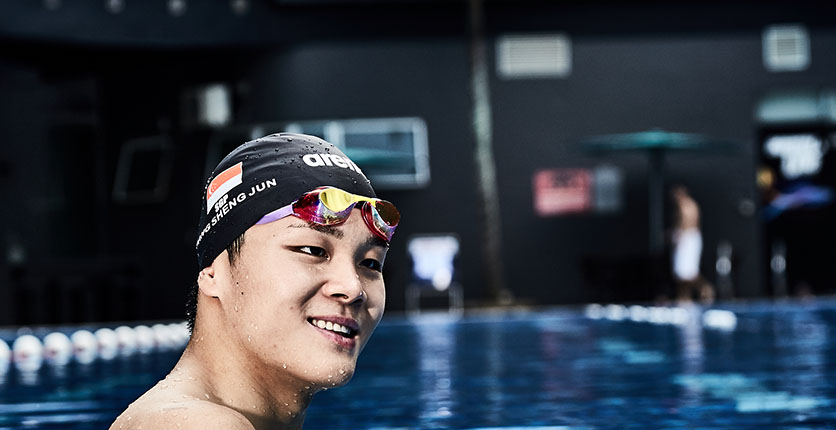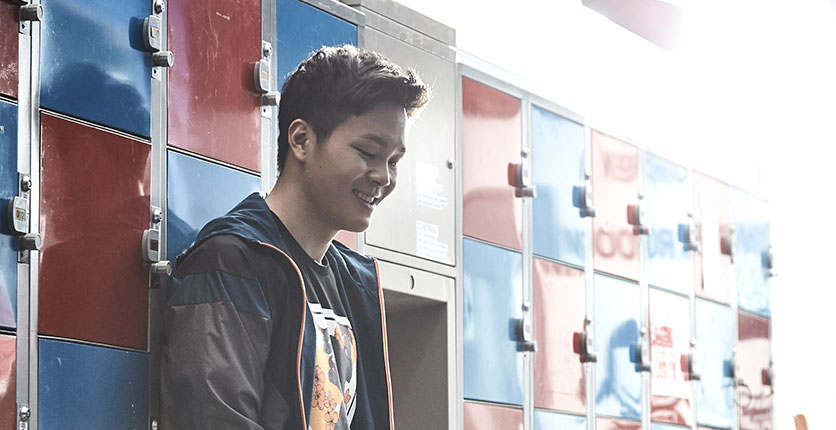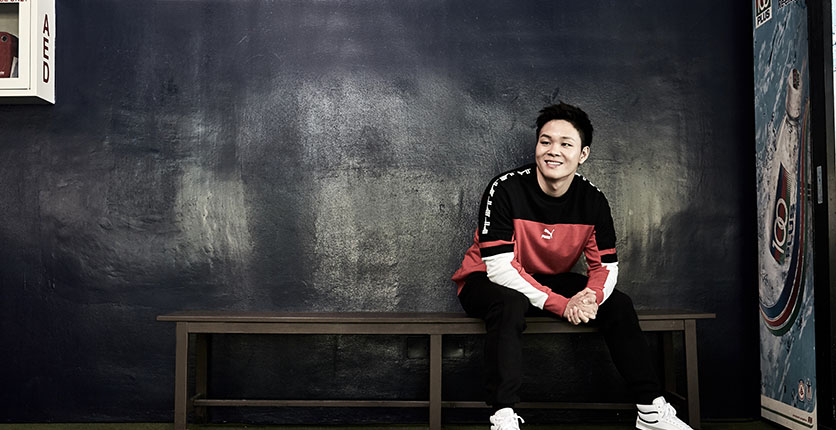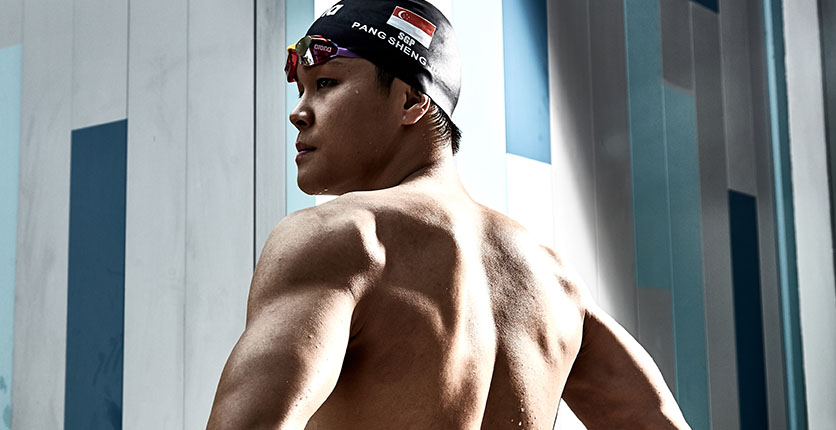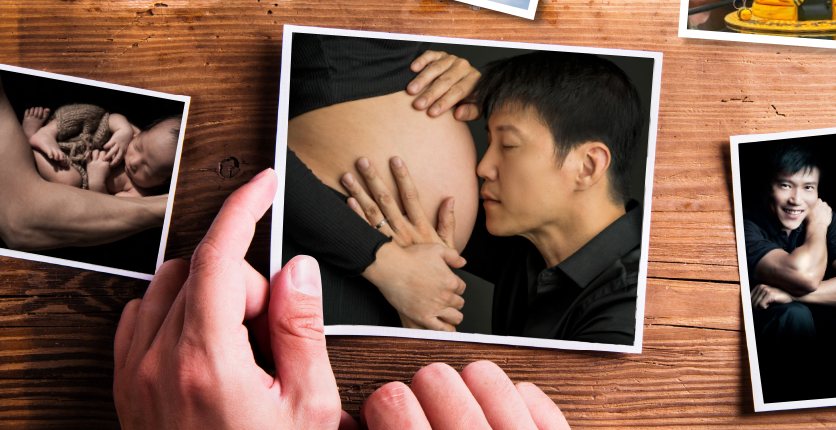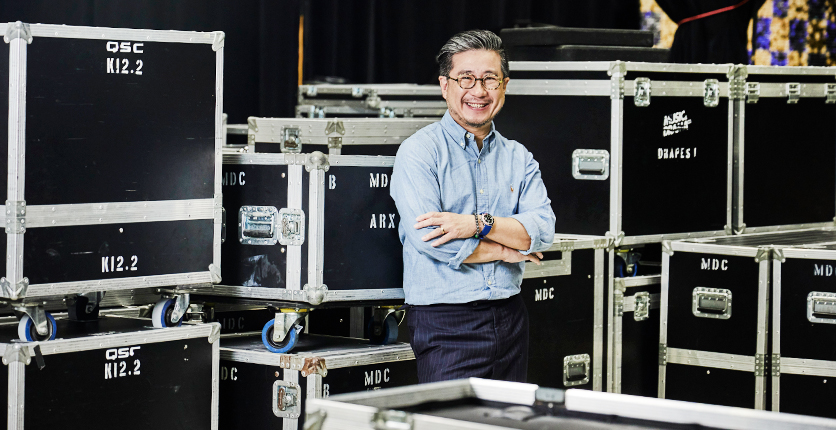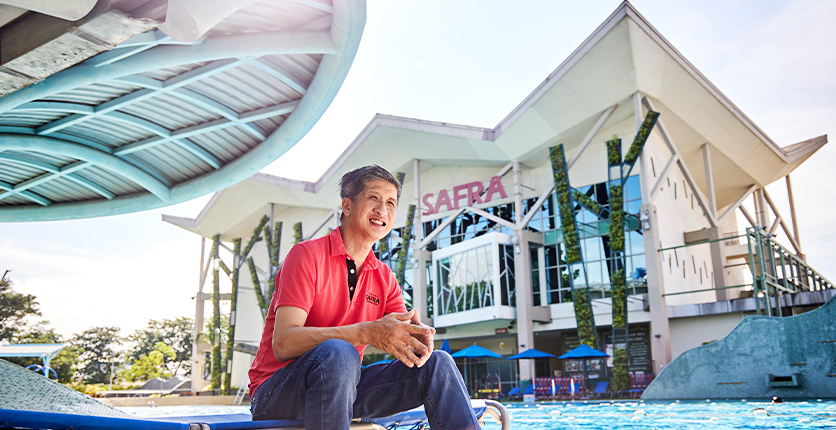National swimmer Pang Sheng Jun has achieved accolades that are the stuff of dreams: three-time Southeast Asian Games gold medallist in the 4x200m freestyle relay, and 2017 SEA Games team captain.
But his journey hasn’t been easy and challenges abound, including a recent personal injury that saw him go through a dark period in his life. He shares how he overcame hurdles, with much help from his parents.
Hard work or talent: Which is more important to success?
Hard work. From personal experience, talent gives you the initial advantage to be ahead of your competitors, but hard work gives you the sustainability to be ahead of your competitors not just for a year but beyond that. As long as you stay consistent and keep working hard, you’ll be able to reach your goals one day.
Think about it. If you strive to be a bit better every day, the gains will accumulate and, by the end of the month, you’ll be so much fitter and faster. Just imagine how much you’ll be better after a year! That’s what keeps me going every day. And even though I don’t always see results instantly, I’m glad I was able to achieve the goals I set out.
You once said you believed deeply in parental support for success. Why?
My parents have always been the cornerstone of my success, and they equipped me with the belief that I can be a great swimmer. When I was young, my dad watched the 2004 Sydney Olympics with me, and I told him that, one day, I’d be in the Olympics too. He never once doubted me and said that if I kept working hard, I’d get there one day.
My parents took me seriously and started supporting me in my swimming endeavours. Dad would always send me to training, and Mum would always prepare meals for me to make sure that I ate healthily from young. They would watch all of my races and were always there to share the joys and sorrows.
It honestly felt like I had a strong team who was constantly supporting me and gave me so much more motivation to work hard every day. I had two pillars supporting me throughout my career. If it weren’t for them, I wouldn’t be what I am today. So, thank you, Mum and Dad.
You recently suffered an elbow injury. How did you overcome this difficult period?
My elbow fracture kept me out of swimming for eight weeks. There were times when I felt like it may be a career-ending injury. However, I took it a day at a time and approached it positively, as I loved swimming too much to let it go just yet.
Even though I lost a lot of muscle mass on my right arm, I never gave up hope and just focused on how I could be a better version of myself before the 2019 SEA Games trials. I think what really helped me most was to focus on my progress instead of comparing myself to others, and also readjusting my goals accordingly.
Tell us how you came to participate in Swim for Hope.
I came to know about it through the Singapore Swimming Association and knowing that doing something I love can benefit four charitable companies [Aquatics Heart and Hope, Singapore Disability Sports Council, Rainbow Centre Singapore, and Singapore Armed Forces], I joined without hesitation. The effort from everyone – accumulated from back in 2017 – produced 210,901 laps swum. This goes to show that every little good deed everyone does actually goes a long way.
How important is charity to society?
It makes the world a happier place, really. Sometimes people are not where they want to be by choice. And sometimes people were made for so much more but didn’t have an equal opportunity to go for their aspirations. So, charity can help provide assistance and give them an opportunity to live a normal life again and chase their dreams and aspirations.
Tell us a memorable experience you had as a member of the national swim team.
A tradition we have at the SEA Games would be a “welcome initiation” for first-timers. During meals at the Games Village, they would have to stand on a chair at the dining hall and yell out their name, NRIC, and shout at the top of their voice how they’re proud to be part of the Singapore swim team.
Picture this: The dining hall is about the size of a football field, and it’s usually filled with many Southeast Asian athletes. For me, getting initiated this way in 2009, I still remember feeling a strong sense of national pride.
What’s next for you?
I’m trying to qualify for the Tokyo 2020 Olympics next year in the 200m individual medley. We have until March 2020 to qualify for it, as the Tokyo Games will be in July. I will give it my very best.
What have you learnt from swimming competitively all these years?
Swimming prepares you for life, really. It teaches you that, in life, you’ll not always get what you want. I’m now so used to facing rejection that I’m not afraid to live life on the edge, which has helped me on many occasions, including for relationships as well.
What advice do you have for young swimmers who want to swim competitively?
You have to really love swimming to be able to keep your passion strong. We train an average of six hours per day. Also, always remember that everyone improves his performance at his own pace, so don’t be discouraged if you don’t see results or when you see your peers improving at a faster pace. Just focus on the process, keep working hard, and enjoy the sport.
I can assure you that the results will definitely come when you persevere.
